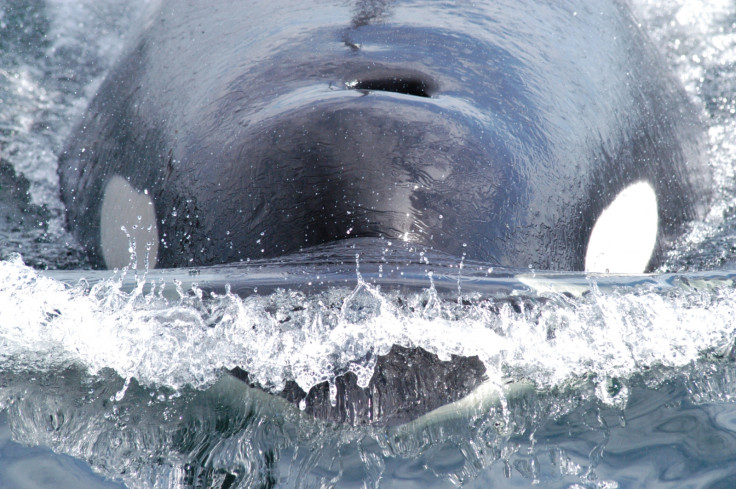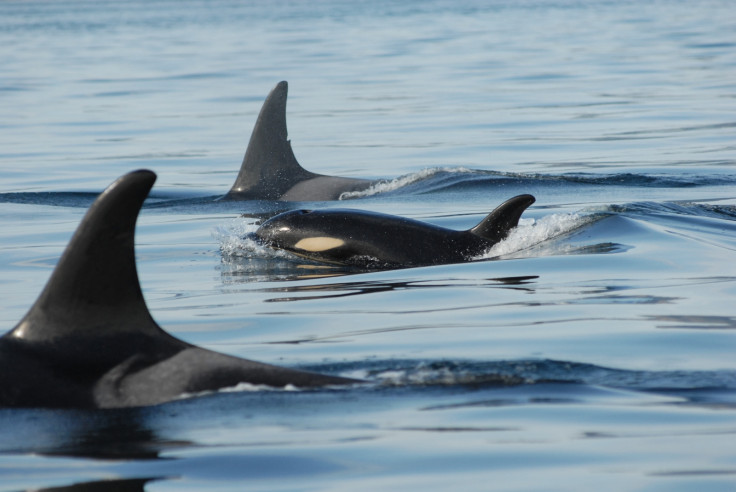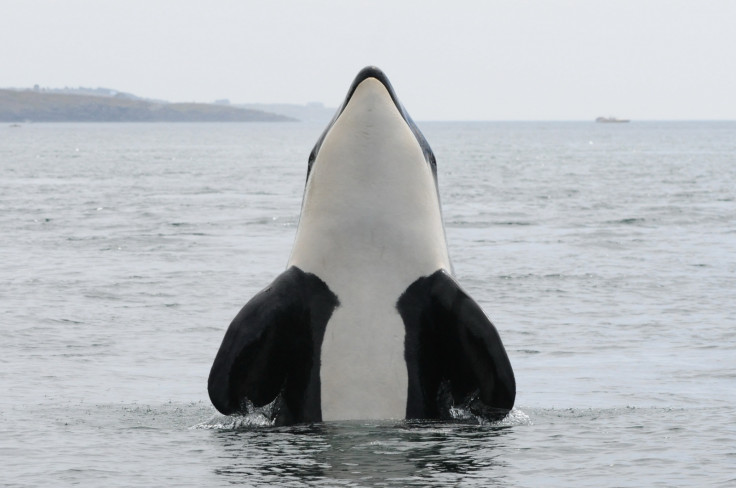Why do women go through the menopause? Killer whales may have the answer
It's because of the way early humans shared food and how they moved social groups when mating.
Humans are one of only three known species to have evolved to have a menopause, and scientists now think they have found out why, by testing an old theory of human evolution on orcas, or killer whales.
Female killer whales get more generous with food sharing as they get older – the menopause is a way of making sure older mothers don't waste energy on calves that will be killed by their ever-increasing generosity towards the group, according to a study published in the journal Current Biology.
Evolution came up with the unique solution of the menopause to solve this problem, which is a result of the peculiar structure of our social groups coupled with the way we share food, the study finds. Ancestral humans share these traits with killer whales, which is thought to be why both evolved the menopause.
The answer to hinges on a property of our social group structure that might sound strange: older mothers in killer whales – as in our early human ancestors – are more closely related to their group than younger mothers.
In killer whales this happens because their calves never leave their mother. Young male and female calves hang around with their mums for her whole life, with the males remaining especially dependent. So as a female killer whale gets older, she has more of her offspring around her and she becomes increasingly closely related to the rest of the group.
This means that an older mother is more invested in sharing resources like food with the calves in her group, whereas a young mother is much more invested in caring for her own, direct offspring.

Killing with kindness
But this comes at a cost for the calves of older killer whales, study author Darren Croft of the University of Exeter, told IBTimes UK.
"Going through pregnancy and having a calf is very costly in terms of energy," Croft said. If an older killer whale and her daughter have calves at the same time, this generosity is costly to the older mother's calf.
"If calves are born in competition, the older calf has twice the risk of mortality, so it's a wasted investment."
Exactly why the risk of the older mother's calf dying is so high is not yet known, Croft says. "It's not that older mothers are bad mothers – the age of the mother doesn't affect calf survival."
It's thought that the older mothers may be spending too much of their energy suckling young from other mothers in the group or babysitting their calves, rather than spending their efforts on their own direct offspring.

"There reaches a tipping point where females should stop that direct reproduction because of that competition," Croft said. "Because older mothers are in a group with relatives, they can invest their effort into their adult offspring, rather than trying to reproduce more."
So the menopause is a way of making sure older mothers don't waste energy on calves that will be killed by their generosity towards the group.
How did the menopause evolve in humans?
It's all about the relationship between daughters-in-law and their mothers-in-law.
Our early human ancestors had social groups with the same key property as killer whales: as females got older, they became more closely related to their social group, but this happened in a different way. In early humans, young females would go and join a male's group when they became a mating pair.

"Women were moving into a family with her husband and mother-in-law," Croft said.
"If the mother-in-law reproduced, the daughter-in-law would be unrelated to the mother-in-law's offspring. Whereas if the daughter-in-law reproduced, the mother-in-law would be related to her grandchildren, because they would be fathered by her son."
This progressing relatedness of females with their social group is the key thing ancestral humans had in common with killer whales.
"Together with this opportunity for competition and food sharing, those are the common components that predispose humans, killer whales and short-finned pilot whales to evolve the menopause."
© Copyright IBTimes 2025. All rights reserved.






















